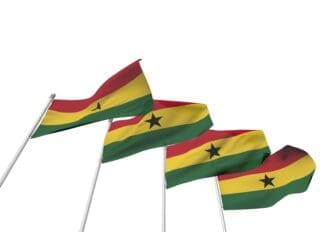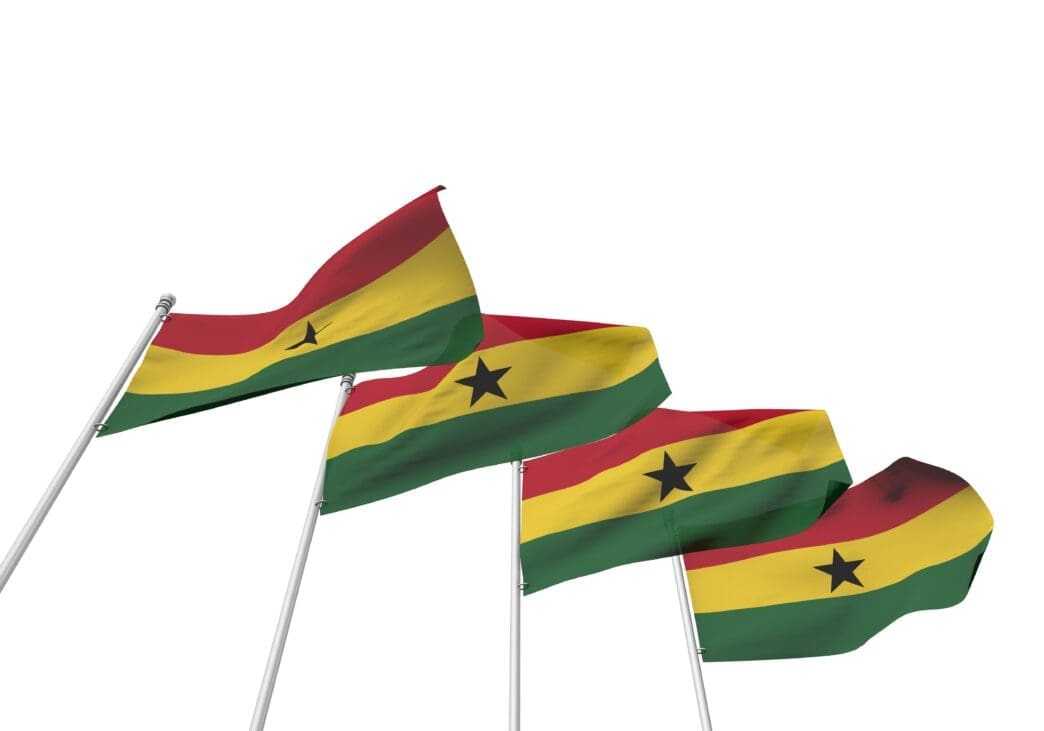In Ghana, polls have closed on a crucial election day overshadowed by an economic crisis that has severely impacted the nation. As the country navigates one of its toughest economic challenges, citizens cast their votes to elect a president and legislative members, with the results expected to shape the future of Ghana’s democracy and economic recovery efforts.
The streets of Accra, the bustling capital, were unusually quiet on election day, hinting at the seriousness of the occasion. With 18.7 million registered voters, the election serves as a critical test of democracy in a region rife with instability due to extremist violence and political coups.
Both the ruling and opposition parties faced scrutiny, as their policies failed to promise significant economic change. Vice President Mahamudu Bawumia, representing the New Patriotic Party (NPP), and former President John Dramani Mahama of the National Democratic Congress (NDC) emerged as the primary contenders in a race largely seen as a binary choice.
Before the elections, polls suggested a potential return for Mahama, with forecasts placing him slightly ahead of Bawumia. Despite their differing affiliations—NPP leaning right and NDC advocating social democracy—their economic strategies appeared largely indistinguishable to analysts and the public.
Concerns about the country’s economic health have overshadowed the campaign, as Ghana grapples with issues like soaring inflation and job scarcity. Last year, the country defaulted on several foreign debts, prompting significant economic strain with inflation reaching a peak of 54%.
Voter sentiment reflected these economic woes. Ebenezer Kotey Dsane, a local driver, cited Mahama’s infrastructure projects as a reason for his vote, criticizing the current government’s inaction on promised developments like the reconstruction of La General Hospital. Meanwhile, some citizens, disillusioned by the ongoing decline, chose to abstain from voting, questioning the impact of their votes on personal circumstances.
Illegal gold mining, or galamsey, also played a central role in the election discourse. As Ghana continues to hold its title as Africa’s leading gold producer, the environmental damage and economic desperation stemming from illegal mining operations have drawn public outcry and demands for governmental action.
In the parliamentary race, the balance of power could shift slightly with the addition of one constituency, bringing the total to 276. Currently, NPP and NDC each hold 137 seats, with one independent typically siding with the ruling party.
Both candidates expressed optimism post-voting, with Mahama appreciating the efficient process and confident of his chances, while Bawumia, hopeful of victory, underscored his efforts to engage the populace.
The elections concluded with a nation holding its breath for the results. As Ghana confronts significant economic and environmental challenges, the outcome of the vote holds substantial implications for its democratic future and the well-being of its citizens.
Source: WSVN








